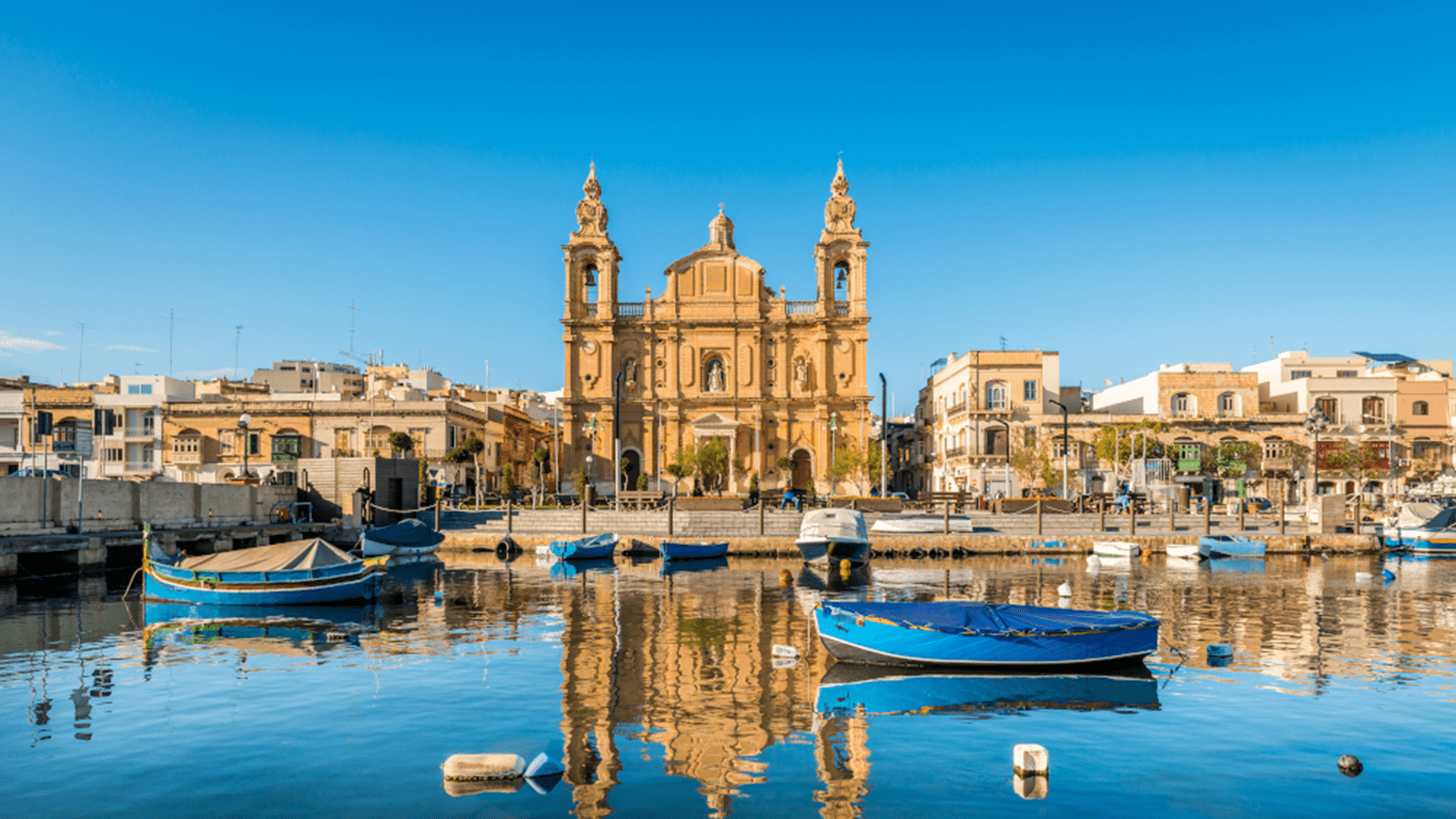Benefits of Investing in Malta

Investing in Malta offers a myriad of benefits for both local and international investors. This Mediterranean archipelago has become increasingly attractive due to its strong economic growth, favorable taxation system, strategic location, and supportive business environment. In this article, we will explore the numerous advantages of investing in Malta, highlighting its economic stability, favorable tax regime, robust infrastructure, skilled workforce, and diverse investment opportunities. Whether you are considering expanding your business or seeking lucrative investment prospects, Malta presents a compelling destination.
Strong Economic Growth and Stability
Malta boasts a robust and resilient economy, characterized by consistent economic growth and stability. Despite global economic uncertainties, the country has maintained a strong GDP growth rate, making it an ideal environment for investment. The government’s prudent fiscal policies, sound financial regulations, and commitment to attracting foreign investment have contributed to Malta’s economic success.
Favorable Taxation System
One of the key benefits of investing in Malta is its favorable taxation system. The country offers a competitive corporate tax rate of 35% on profits, with the possibility of reducing it further through various tax incentives and exemptions. Malta also has an extensive double taxation treaty network, ensuring that investors can benefit from reduced tax liabilities on international operations.
Strategic Location for Business
Situated in the heart of the Mediterranean, Malta enjoys a strategic location that serves as a gateway between Europe, Africa, and the Middle East. This advantageous position makes it an ideal base for international businesses looking to establish a presence in multiple markets. The country’s well-connected infrastructure, including a modern port and an international airport, further enhances its accessibility and trade opportunities.
Thriving Financial Services Sector
Malta has emerged as a leading jurisdiction for the financial services sector, offering a wide range of investment opportunities. The country’s regulatory framework is well-regarded, providing a secure and transparent environment for financial institutions, asset management firms, insurance companies, and fintech companies. The presence of reputable banks, skilled professionals, and a robust legal system has contributed to Malta’s reputation as a financial hub.
Robust Infrastructure and Connectivity
Investing in Malta means benefiting from a well-developed infrastructure that supports business growth. The country has invested significantly in modern transportation networks, including highways, ports, and an international airport. This infrastructure ensures efficient logistics and connectivity, facilitating the movement of goods, services, and people both domestically and internationally.
Skilled and Multilingual Workforce
Malta is home to a highly skilled and multilingual workforce, making it an attractive destination for companies seeking qualified professionals. The country’s education system places a strong emphasis on language proficiency, with English widely spoken alongside Maltese. This linguistic advantage, coupled with a well-educated workforce, enables businesses to operate seamlessly in an international setting.
Supportive Business Environment
Malta offers a supportive business environment with streamlined regulations and a pro-business mindset. The government is committed to attracting foreign investment and has implemented various initiatives to facilitate the establishment and operation of businesses. Supportive entities such as Malta Enterprise and the Malta Financial Services Authority (MFSA) provide assistance, incentives, and guidance to investors, further enhancing the ease of doing business in Malta.
Flourishing Tourism Industry
Investing in Malta’s thriving tourism industry can be highly lucrative. The archipelago is known for its stunning natural beauty, rich history, and vibrant culture, attracting millions of tourists each year. The government has implemented policies to promote tourism, resulting in increased investment in hotels, resorts, entertainment venues, and other hospitality-related ventures. Investors can tap into this growing sector and capitalize on the continuous influx of visitors.
Booming Real Estate Market
Malta’s real estate market has experienced significant growth in recent years, presenting enticing investment opportunities. The demand for residential and commercial properties has surged due to factors such as population growth, foreign investment, and the country’s popularity as a relocation destination. Investing in Malta’s real estate market offers the potential for attractive returns and capital appreciation.
Investment Incentives and Assistance
The Maltese government actively encourages investment through a range of incentives and assistance programs. These initiatives aim to attract foreign direct investment and promote economic development across various sectors. Investors can benefit from grants, tax credits, financing options, and other incentives tailored to specific industries, fostering a favorable investment climate.
Diverse Investment Opportunities
Investing in Malta offers a diverse range of investment opportunities across sectors such as manufacturing, technology, financial services, real estate, tourism, and renewable energy. The country’s economic diversification strategy has created a vibrant and dynamic business landscape, providing investors with a multitude of options to suit their preferences and investment goals.
Conclusion
Investing in Malta provides a host of benefits for investors seeking a stable and profitable environment. The country’s strong economic growth, favorable taxation system, strategic location, skilled workforce, supportive business environment, flourishing tourism industry, booming real estate market, and diverse investment opportunities make it an attractive destination. With its commitment to economic development and investor-friendly policies, Malta continues to solidify its position as a thriving investment hub in the Mediterranean.
Frequently Asked Questions (FAQs)
Is Malta economically stable for investment?
Yes, Malta has a strong and stable economy, characterized by consistent economic growth and prudent fiscal policies. The government’s commitment to attracting foreign investment further enhances the stability of the business environment.
What tax advantages does Malta offer to investors?
Malta offers a competitive corporate tax rate, various tax incentives, and an extensive double taxation treaty network. These factors contribute to favorable tax planning and reduced tax liabilities for investors.
How accessible is Malta for international businesses?
Malta’s strategic location in the Mediterranean and its well-developed infrastructure make it easily accessible for international businesses. The country’s modern transportation networks, including ports and an international airport, facilitate trade and connectivity.
What support does Malta provide to investors?
Malta offers a supportive business environment, with entities like Malta Enterprise and the Malta Financial Services Authority (MFSA) providing assistance, incentives, and guidance to investors. These organizations play a crucial role in facilitating business establishment and operation.
What sectors offer attractive investment opportunities in Malta?
Malta presents diverse investment opportunities across sectors such as manufacturing, technology, financial services, real estate, tourism, and renewable energy. Each sector has its unique advantages and growth potential, allowing investors to choose according to their preferences and goals.
Recommended Posts

The Maltese Cross Symbolism
May 17, 2024

Malta’s Coastal Drives for Road Trippers
May 17, 2024

Overview of Business Finance in Malta
May 17, 2024




